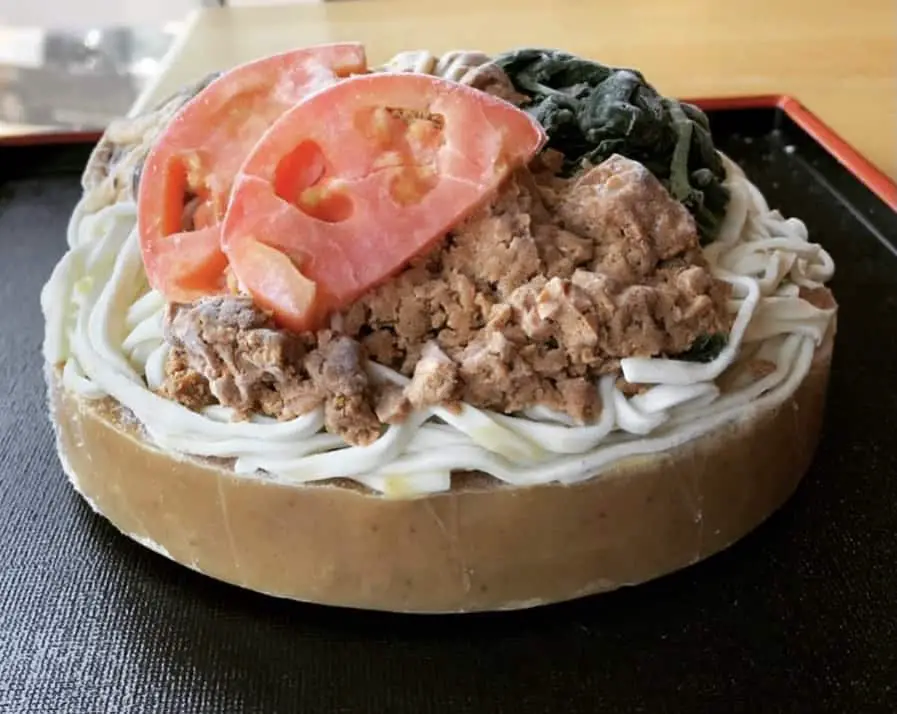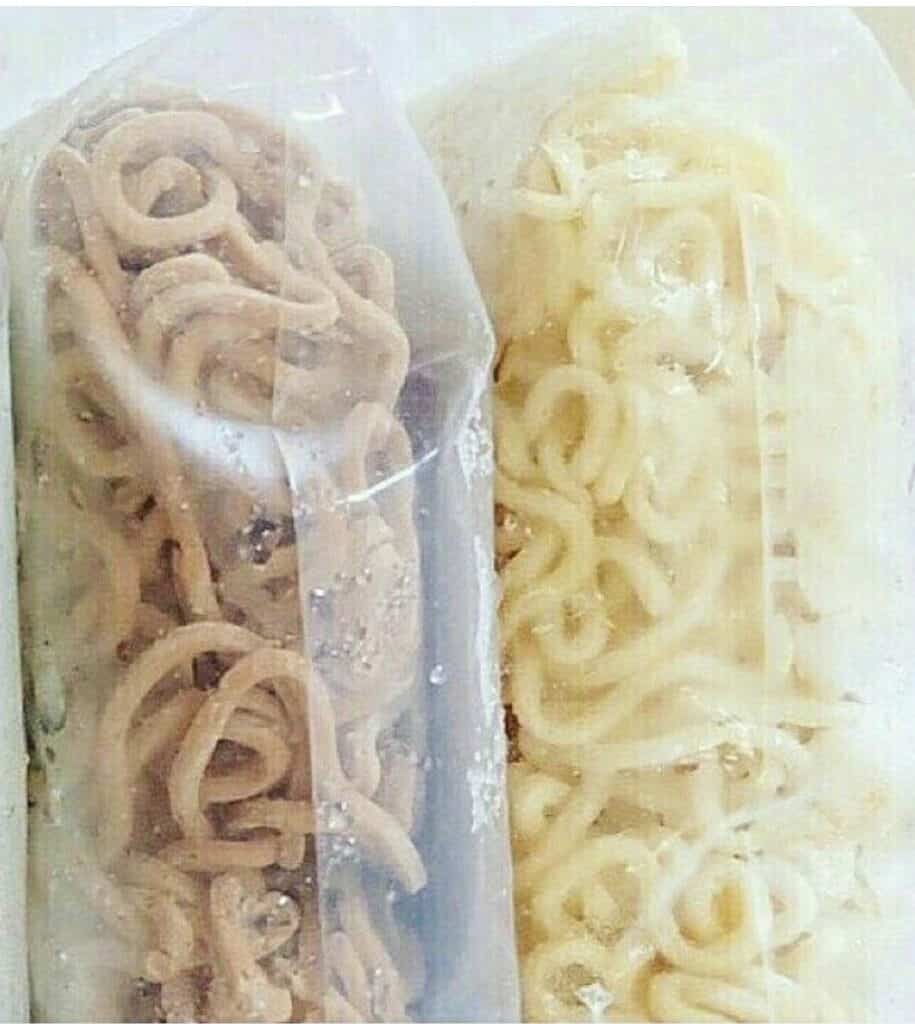As the saying goes, sometimes your eyes are larger than your stomach. Perhaps you ordered a giant bowl of ramen from your favorite noodle house and couldn’t finish it all by yourself. Or, maybe, you made your own ramen noodles from scratch and you want to preserve the extra ramen noodles.
Of course, this begs the question, can you freeze ramen?
Yes, you can certainly freeze ramen. In fact, if you’re working with freshly-made ramen noodles, then you should freeze them to ensure that they don’t go bad and that you can re-use them to make more ramen dishes in the future.


In today’s post, I’m going to talk a little bit more about why you should freeze ramen noodles, whether or not you can freeze already cooked noodles, and show you the best process for freezing your ramen. Additionally, I’ll also answer a few of the most commonly asked questions about freezing ramen noodles. Let’s take a look, shall we?
Can You Freeze Cooked Ramen Noodles?
I would say, without a doubt, that a bowl of ramen noodles is one of the most filling noodle dishes in the world. From the rich, salty broth to the pork belly, seasoning, and extra-filling egg-based noodles, even a small bowl of ramen is enough to fill a full-grown adult!
I can’t count the number of times I’ve ordered some take-out ramen just to only be able to eat half of it. Usually, I just put it in the fridge for the next day. However, if I’m going out of town, or I know I’m not going to be home for a couple of days, then I’ll almost always freeze my bowl of ramen. Given how expensive nice ramen is in my city, it’s not something I want to waste.
The best way to freeze a bowl of cooked ramen noodles is to transfer it into a Tupperware container that has a tight-fitting lid before placing it in the freezer. This will prevent the dish from getting freezer burn or getting that weird “been in the freezer for too long” taste.

How To De-Thaw Frozen Ramen Noodles
When you’re ready to eat your bowl of ramen again, all you need to do is de-thaw it. There are two ways that you can do this:
- Microwave (the fastest way).
- Cook it in a pot (the slow, but better-tasting method).
If you’re in a rush, then you can just remove the top from the bowl and place the frozen ramen in the microwave for 5 to 7 minutes, depending on how big your bowl is. The only problem with this method is that it can sometimes overcook the other ingredients in the ramen, which can give it a bit of an overly chewy texture. It’ll still taste pretty decent, though!
The other method is slower but will result in a better-tasting dish. First, take the Tupperware container out of the freezer and let it sit out on the counter for 15 to 20 minutes. This will loosen it a bit, allowing you to dump the contents into a pot. Then, put your burner on low to medium heat and slowly warm up the ramen until it’s your preferred temperature. Since ramen doesn’t have any dairy content to speak of, it should be perfectly fine being thawed both ways.
How To Freeze Fresh Ramen Noodles

If you’ve just finished making your ramen noodles from scratch, then you’ll want to immediately freeze any noodles that you aren’t going to be cooking that day! Unlike rice noodles, ramen noodles contain raw egg, which can quickly go bad if left out or placed in the fridge.
Here’s how to go about freezing fresh ramen noodles:
- Step 1: Place Raw Noodles On A Floured Baking Sheet.
- Step 2: Cover And Place In The Freezer To Harden.
- Step 3: Transfer Small Portions To Freezer-Safe Containers For Long-Term Storage.
How Long Can You Freeze Ramen For?
As long as you’re using a freezer-safe container, then your ramen should be good in the freezer for anywhere between 2 and 3 months.
Do I Need To Thaw Frozen Ramen Noodles Before Cooking?
Nope! That’s what makes freezing ramen noodles so convenient. When you’re ready to make another bowl of ramen, just take one portion of frozen noodles out from the freezer and drop it straight into a pot of hot water and cook as usual.
Conclusion
Freezing your ramen is a great way to preserve a bowl you couldn’t finish, and if you’re using made-from-scratch ramen noodles, then you actually need to freeze any noodles that you don’t use. As long as you place your uneaten ramen noodle soup or fresh noodles in a freezer-safe container with a tight-locking lid, they’ll taste perfectly normal after being thawed!